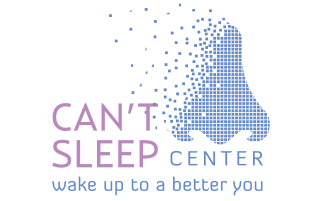The temporomandibular joint (TMJ) connects the lower jaw and the skull. The joint and the surrounding muscles allow you to open your mouth, e.g. to eat, speak, yawn.
When, for some reason, the TM joint is not functioning properly, the condition is called Temporomandibular Joint Disorder (TMD, TMJ disorder or TMJ syndrome).
The Temporomandibular Joint (TMJ)
TMJ Disorder Is A Very Common Condition
- 35 million Americans suffer from TMJ disorder
- 20 to 40 years old The age group that is most vulnerable
- Women Are impacted more often than men
Patients usually experience acute pain because several major nerves run through this area. The following symptoms are associated with TMJ disorder:
- Constant severe headaches (Also called “TMJ headaches”)
- Jaw pain on one or both sides
- Ear pain
- Muscle spasms
- Face pain
- Soreness in the jaw
- Tooth pain
- Stiff muscles in your jaw
- Tinnitus (ringing in the ears)
- Neck pain or stiffness
- Popping and clicking of the jaw
- Dizziness and loss of balance
- Difficulty chewing and opening your mouth
Many of the symptoms resemble other conditions. TMJ patients are often being treated with tranquilizers which do not solve the problem. If you believe you may have a TMJ disorder, contact a certified specialist.
The TMJ is one of the most complex joints in the body because it allows up-down, side-to-side, and back-and-forth movement. To move smoothly, the bones of the joint slide over a disc. This disc protects the bones from rubbing against each other and acts as a shock-absorber. TMJ pain occurs when the disc is damaged.
There are a wide variety of medical causes for TMJ. Some of the most common are:
Trauma. TMJ disorder often occurs after an accident, e.g. falling down the stairs, impact in a car accident, falling off a bike, injuries during skiing and snowboarding. If your jawbone has been broken, your jaw has been dislocated or the disc has been damaged, you will experience the symptoms of a TMJ disorder.
Grinding and clenching of the teeth. If you grind or clench your teeth often, this can cause misalignment in your teeth or inflammation of the membranes surrounding the TMJ.
Arthritis. Osteoarthritis causes the joint to degenerate and the disc to disintegrate over time. Rheumatoid arthritis leads to inflammation of the joints in the entire body which can also affect the TM joint.
The TMJ disc
Can Braces Cause a TMJ Disorder?
Some patients believe that their braces, sleep apnea appliances or other orthodontic treatments have caused their TMJ disorder. However, medical research has not found a link between dental appliances and this condition.
The symptoms of a TMJ disorder can last anywhere between a few days and a few weeks.You should seek medical attention if you:
- Have repeated episodes of acute jaw pain.This may indicate a chronic TMJ disorder.
- Have severe headaches
- Experience tenderness or soreness in the jaw
- Have difficulty opening and closing your jaw
In these cases, contact your dentist to discuss options for treatment and TMJ pain relief.

